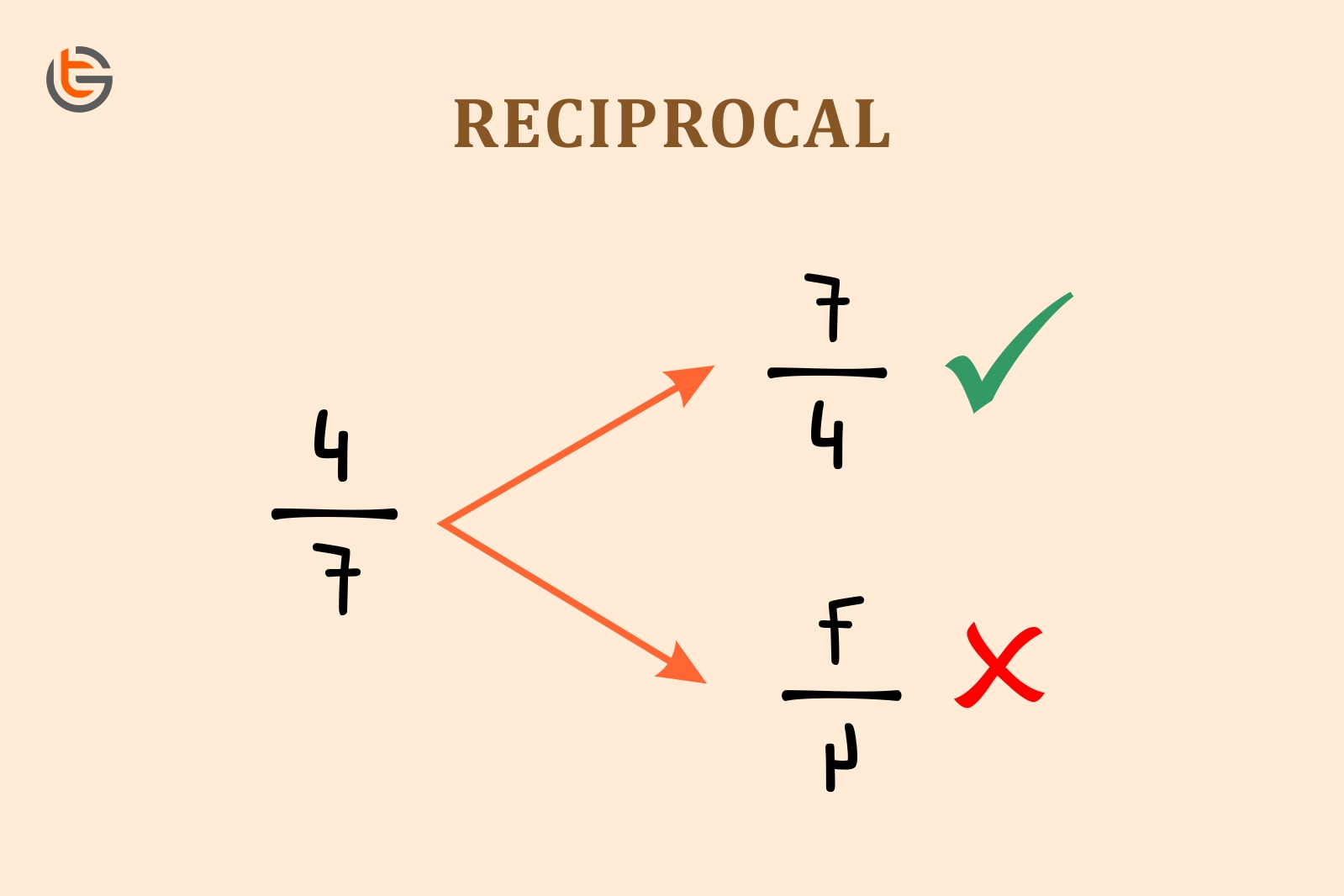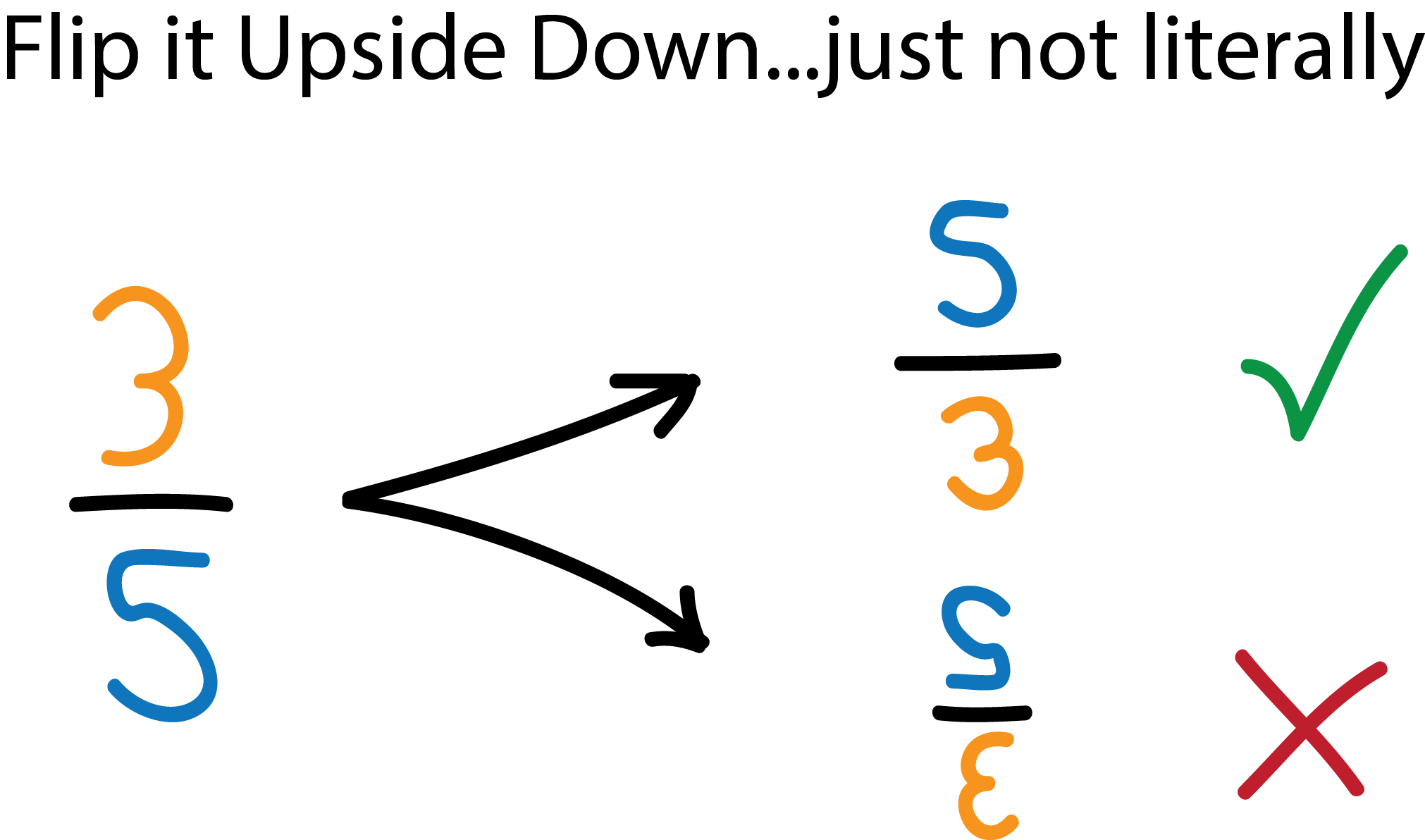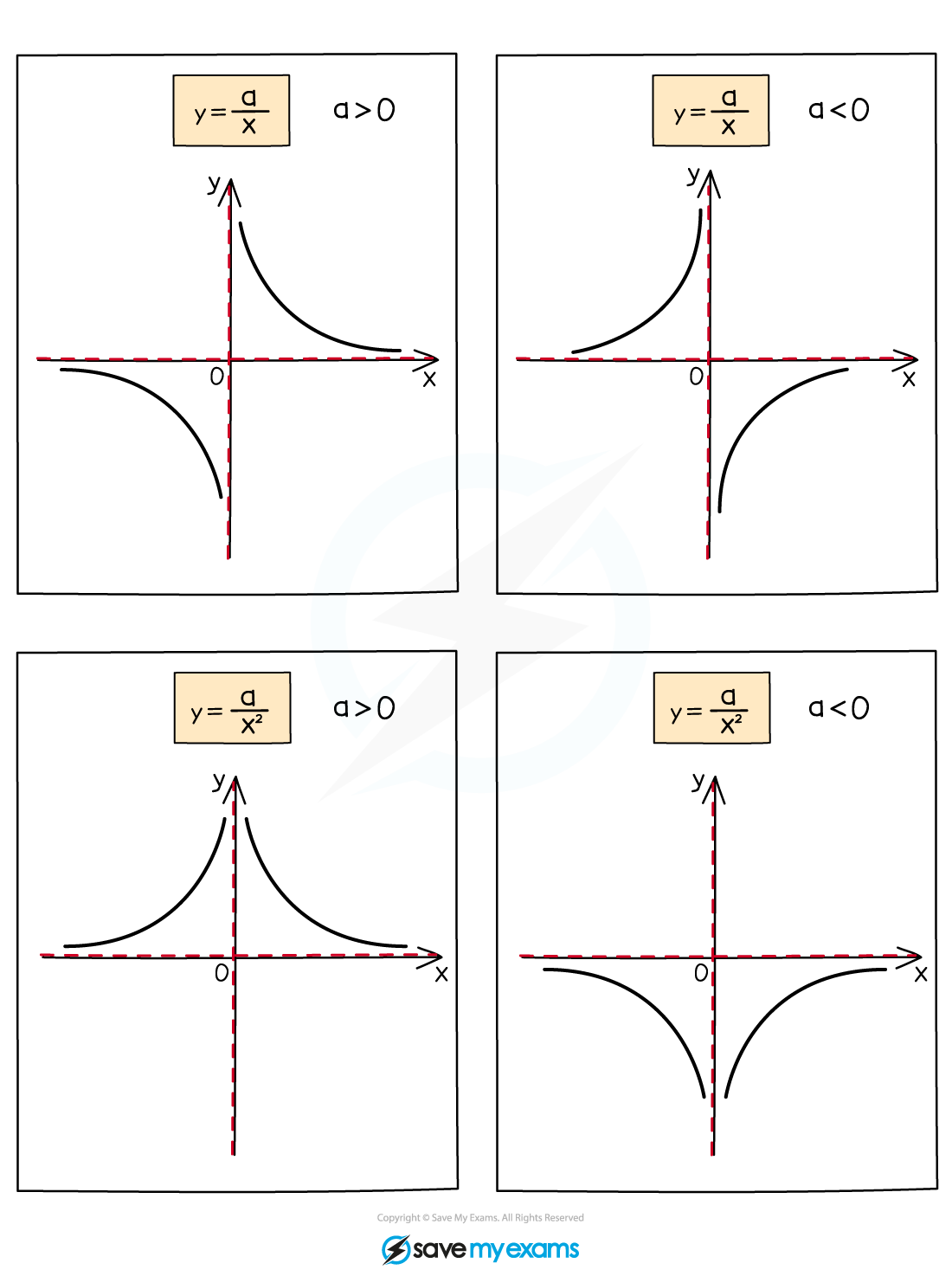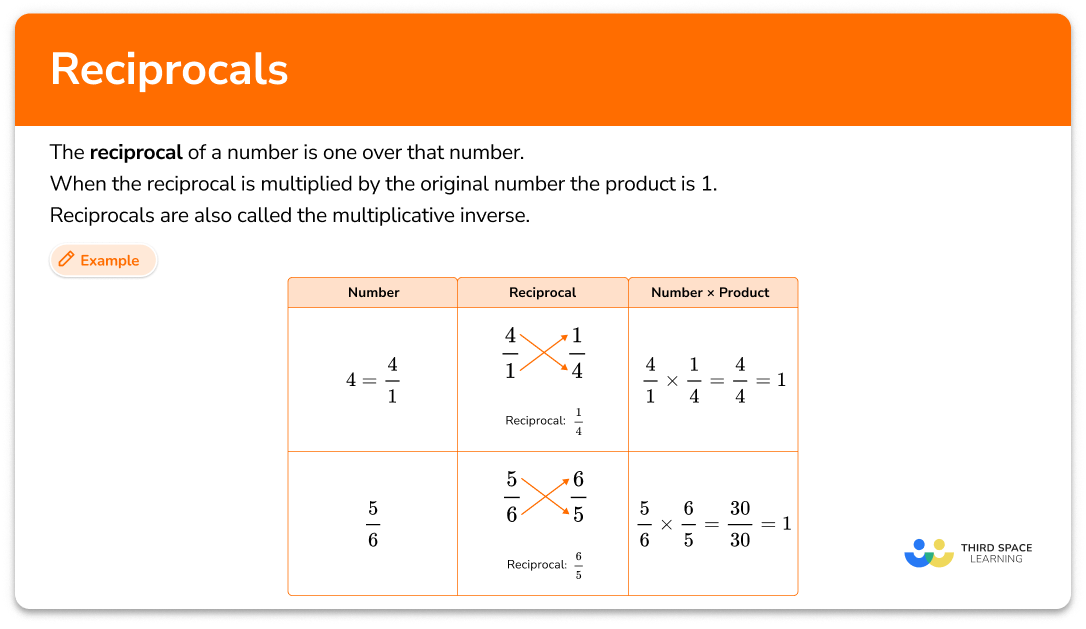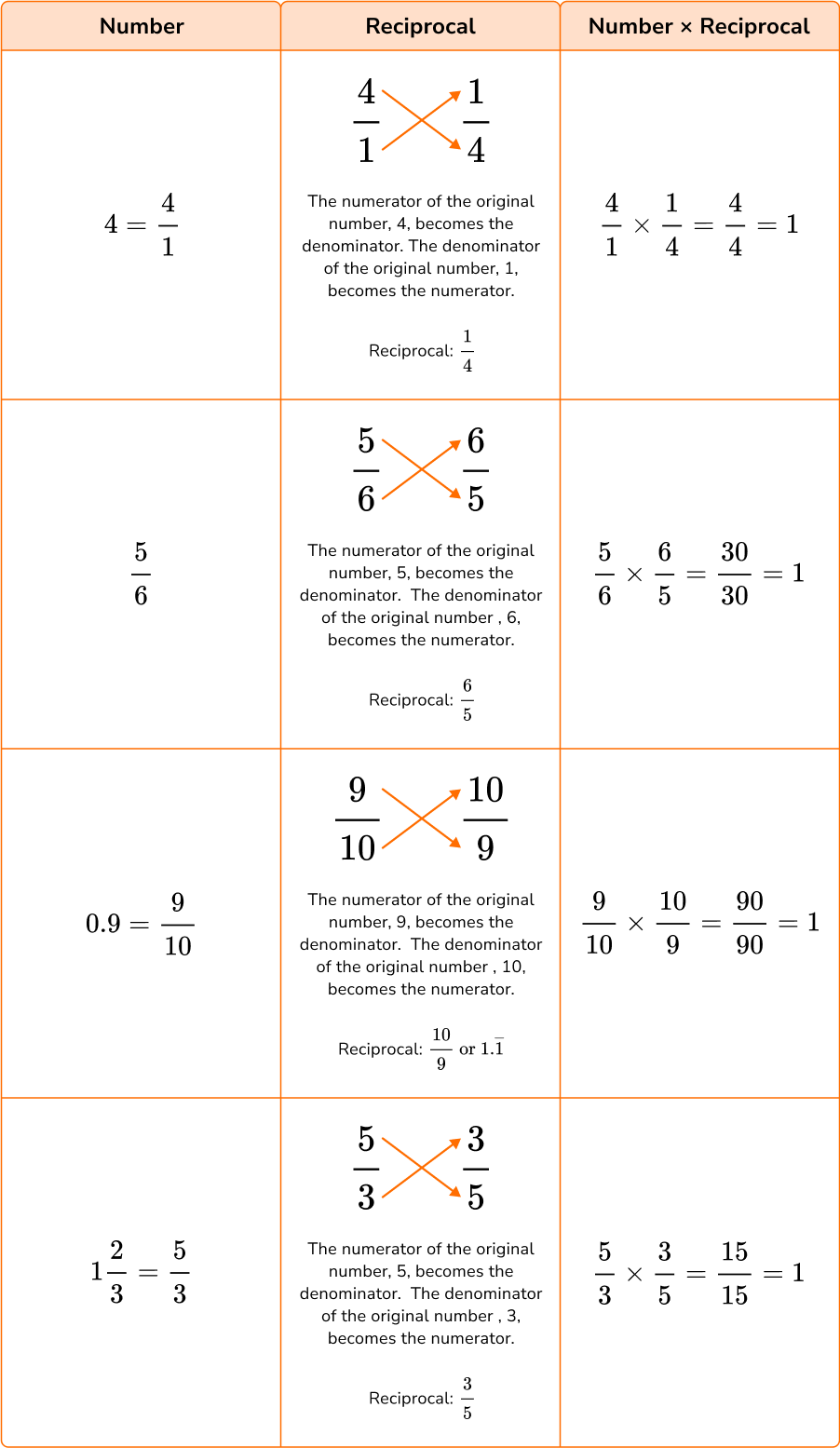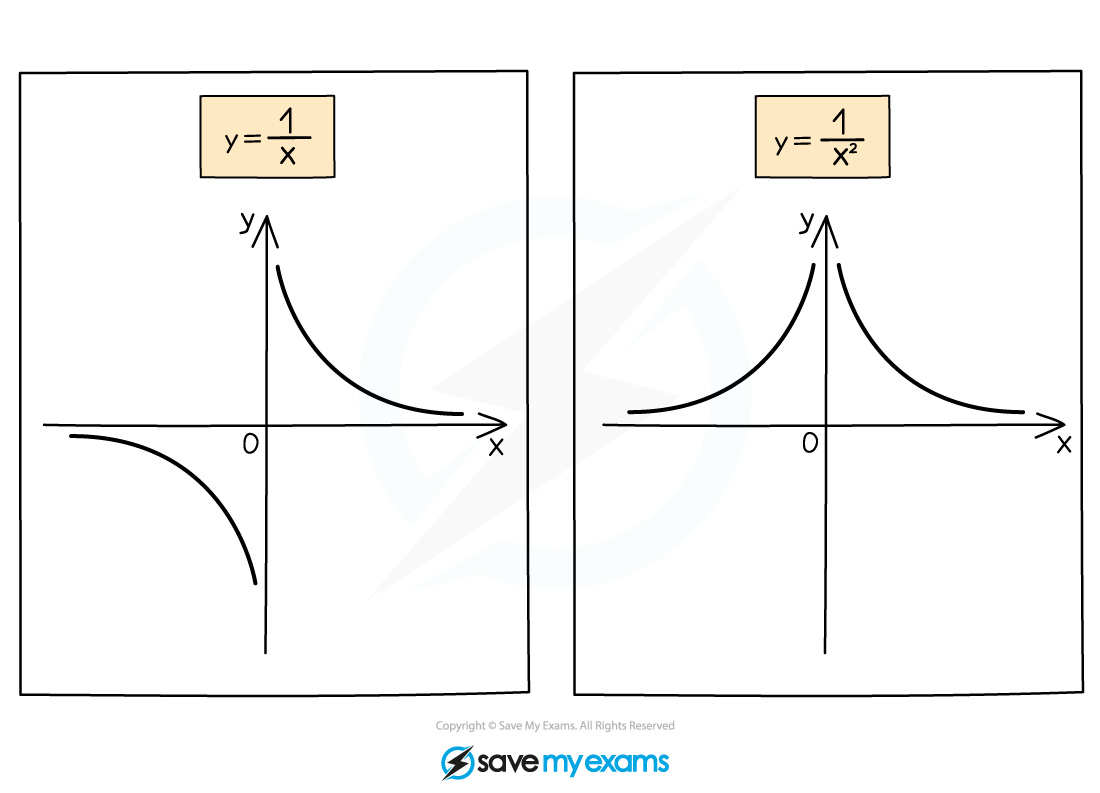What Is The Reciprocal Of 1
What Is The Reciprocal Of 1 - The reciprocal of a number. The reciprocal of 23 is 1/23. So, to find the reciprocal of 1.2, you would calculate 1 divided by 1.2, which equals approximately 0.8333 recurring (or 5/6 in. A more mathematical definition is to say that the reciprocal of the. By finding the reciprocal of the number 1 using the same process as we would for any number, we. For example, the reciprocal of 2/3 is 3/2. And 23 divided by 1 is just 23. The reciprocal of a number is simply 1 divided by that number. But if we take the reciprocal again and flip that fraction, 1/23 becomes 23/1. A number is the reciprocal of another number if the product of the number and its reciprocal are equal to 1.
For example, the reciprocal of 2/3 is 3/2. The reciprocal of a number. So, to find the reciprocal of 1.2, you would calculate 1 divided by 1.2, which equals approximately 0.8333 recurring (or 5/6 in. And 23 divided by 1 is just 23. Finding the reciprocal of a number is an extremely simple process. The reciprocal of a number refers to another number that, when multiplied by the original number, is equal to 1. By finding the reciprocal of the number 1 using the same process as we would for any number, we. A number is the reciprocal of another number if the product of the number and its reciprocal are equal to 1. The reciprocal of 23 is 1/23. By taking the reciprocal twice, we got back to.
The reciprocal of a number. Finding the reciprocal of a number is an extremely simple process. By finding the reciprocal of the number 1 using the same process as we would for any number, we. And 23 divided by 1 is just 23. By taking the reciprocal twice, we got back to. A more mathematical definition is to say that the reciprocal of the. A number is the reciprocal of another number if the product of the number and its reciprocal are equal to 1. But if we take the reciprocal again and flip that fraction, 1/23 becomes 23/1. So, to find the reciprocal of 1.2, you would calculate 1 divided by 1.2, which equals approximately 0.8333 recurring (or 5/6 in. The reciprocal of 23 is 1/23.
What is a reciprocal in math? TEL Gurus
But if we take the reciprocal again and flip that fraction, 1/23 becomes 23/1. The reciprocal of 23 is 1/23. For example, the reciprocal of 2/3 is 3/2. By finding the reciprocal of the number 1 using the same process as we would for any number, we. The reciprocal of a number refers to another number that, when multiplied by.
Reciprocals — Definition & Examples Expii
The reciprocal of a number refers to another number that, when multiplied by the original number, is equal to 1. A more mathematical definition is to say that the reciprocal of the. So, to find the reciprocal of 1.2, you would calculate 1 divided by 1.2, which equals approximately 0.8333 recurring (or 5/6 in. But if we take the reciprocal.
Reciprocals. How to calculate the reciprocal of any number video. YouTube
The reciprocal of 23 is 1/23. Finding the reciprocal of a number is an extremely simple process. The reciprocal of a number refers to another number that, when multiplied by the original number, is equal to 1. By taking the reciprocal twice, we got back to. So, to find the reciprocal of 1.2, you would calculate 1 divided by 1.2,.
Mr Rouche's Maths Reciprocals
The reciprocal of a number is simply 1 divided by that number. Finding the reciprocal of a number is an extremely simple process. But if we take the reciprocal again and flip that fraction, 1/23 becomes 23/1. A number is the reciprocal of another number if the product of the number and its reciprocal are equal to 1. For example,.
Edexcel A Level Maths Pure复习笔记2.7.2 Reciprocal Graphs Sketching翰林国际教育
And 23 divided by 1 is just 23. So, to find the reciprocal of 1.2, you would calculate 1 divided by 1.2, which equals approximately 0.8333 recurring (or 5/6 in. But if we take the reciprocal again and flip that fraction, 1/23 becomes 23/1. By taking the reciprocal twice, we got back to. For example, the reciprocal of 2/3 is.
Reciprocal Math Math Steps, Examples & Questions
The reciprocal of a number. But if we take the reciprocal again and flip that fraction, 1/23 becomes 23/1. The reciprocal of 23 is 1/23. By finding the reciprocal of the number 1 using the same process as we would for any number, we. For example, the reciprocal of 2/3 is 3/2.
Reciprocal Math Elementary Math Steps, Examples & Questions
And 23 divided by 1 is just 23. So, to find the reciprocal of 1.2, you would calculate 1 divided by 1.2, which equals approximately 0.8333 recurring (or 5/6 in. By taking the reciprocal twice, we got back to. By finding the reciprocal of the number 1 using the same process as we would for any number, we. But if.
CIE A Level Maths Pure 1复习笔记1.4.2 Reciprocal Graphs Sketching翰林国际教育
A number is the reciprocal of another number if the product of the number and its reciprocal are equal to 1. But if we take the reciprocal again and flip that fraction, 1/23 becomes 23/1. For example, the reciprocal of 2/3 is 3/2. The reciprocal of 23 is 1/23. By finding the reciprocal of the number 1 using the same.
Square of Reciprocal Function y=1/(x^2) Graph + Characteristics
By taking the reciprocal twice, we got back to. So, to find the reciprocal of 1.2, you would calculate 1 divided by 1.2, which equals approximately 0.8333 recurring (or 5/6 in. A number is the reciprocal of another number if the product of the number and its reciprocal are equal to 1. For example, the reciprocal of 2/3 is 3/2..
Reciprocal of 1/2 YouTube
By finding the reciprocal of the number 1 using the same process as we would for any number, we. Finding the reciprocal of a number is an extremely simple process. The reciprocal of 23 is 1/23. A number is the reciprocal of another number if the product of the number and its reciprocal are equal to 1. By taking the.
The Reciprocal Of A Number.
A number is the reciprocal of another number if the product of the number and its reciprocal are equal to 1. The reciprocal of a number is simply 1 divided by that number. A more mathematical definition is to say that the reciprocal of the. Finding the reciprocal of a number is an extremely simple process.
But If We Take The Reciprocal Again And Flip That Fraction, 1/23 Becomes 23/1.
By finding the reciprocal of the number 1 using the same process as we would for any number, we. For example, the reciprocal of 2/3 is 3/2. The reciprocal of a number refers to another number that, when multiplied by the original number, is equal to 1. And 23 divided by 1 is just 23.
So, To Find The Reciprocal Of 1.2, You Would Calculate 1 Divided By 1.2, Which Equals Approximately 0.8333 Recurring (Or 5/6 In.
By taking the reciprocal twice, we got back to. The reciprocal of 23 is 1/23.
